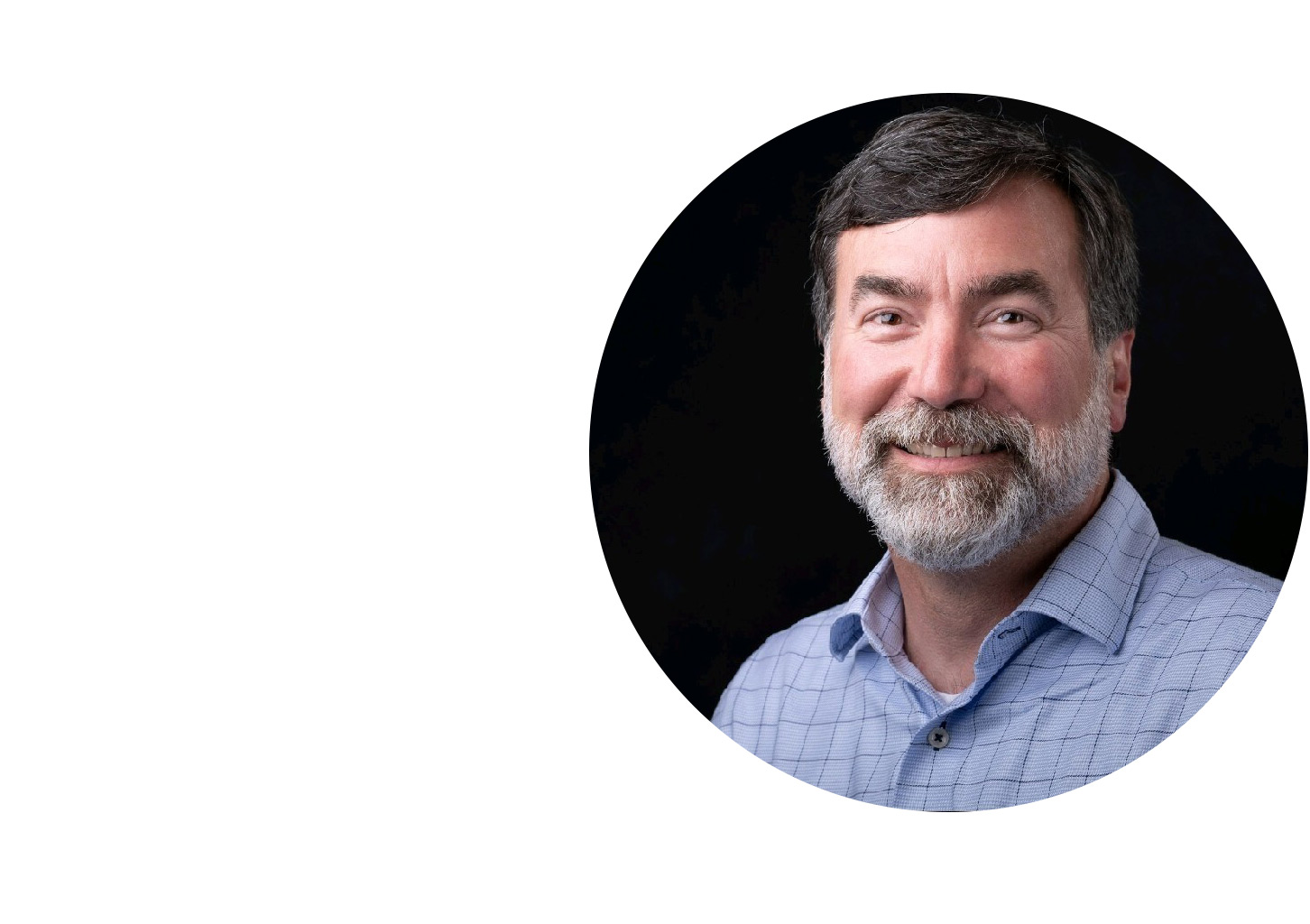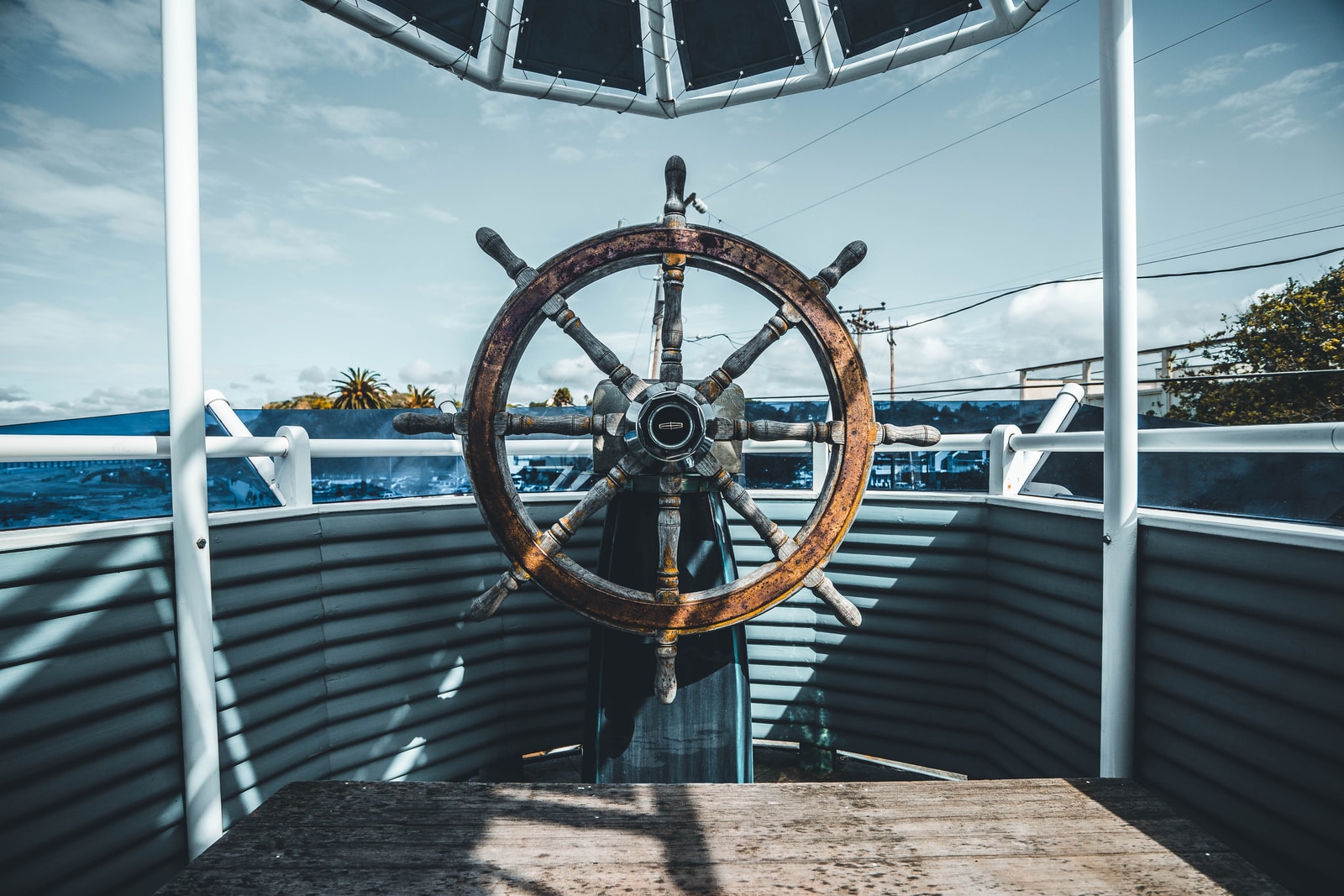
Do you think of old age as a time of adventure, self-expression and possibility? Perhaps not. It is hard to think of the later portion of life this way, when the society we live in doesn’t seem to agree.
We sure don’t see many role models of lively, intelligent old people in the media (well, except for Betty White), and our culture continues to be dominated by images of youth. Ask anyone in advertising or marketing, and they will tell you the demographics they covet are 18-25 year olds.
The fact is that life expectancy is up from 45 years in 1900, to an average of 78.74 years (estimated in the U.S.A.) in 2015. It’s even higher in the UK (81.6 years) and Japan (83.84 years)! In a report released on August 1, 2013, the World Health Organization reported that the “dramatic” gains in life expectancy show no signs of slowing down (as reported by Reuters). Things are definitely changing.
Of course, there is still the likelihood of some physical decline as we age, but many older people are discovering that their mental health is more important to them. They tend to shrug off their aches and pains and concentrate instead on growth and development in other areas. And since neuroscientists have discovered that while the brain may slow down, it does not stop growing as long as it’s being used (Alzheimer’s notwithstanding).
Older folks become much more spiritually aware and keenly interested in things outside of themselves. Some go back to school, others become involved in a community or family project. They do not see the changes happening all around them as threatening. Rather, they respond to change with flexibility, a sense of purpose, and lots of patience with themselves. They want to control their own lives, make their own choices, and stay involved with meaningful activities long after they “retire.”
This sounds like a good way to live at any age, and is not a bad role model, either. Think of it as not life expectancy, but living expectancy.
Featured posts
May 16, 2023
May 16, 2023
May 16, 2023





